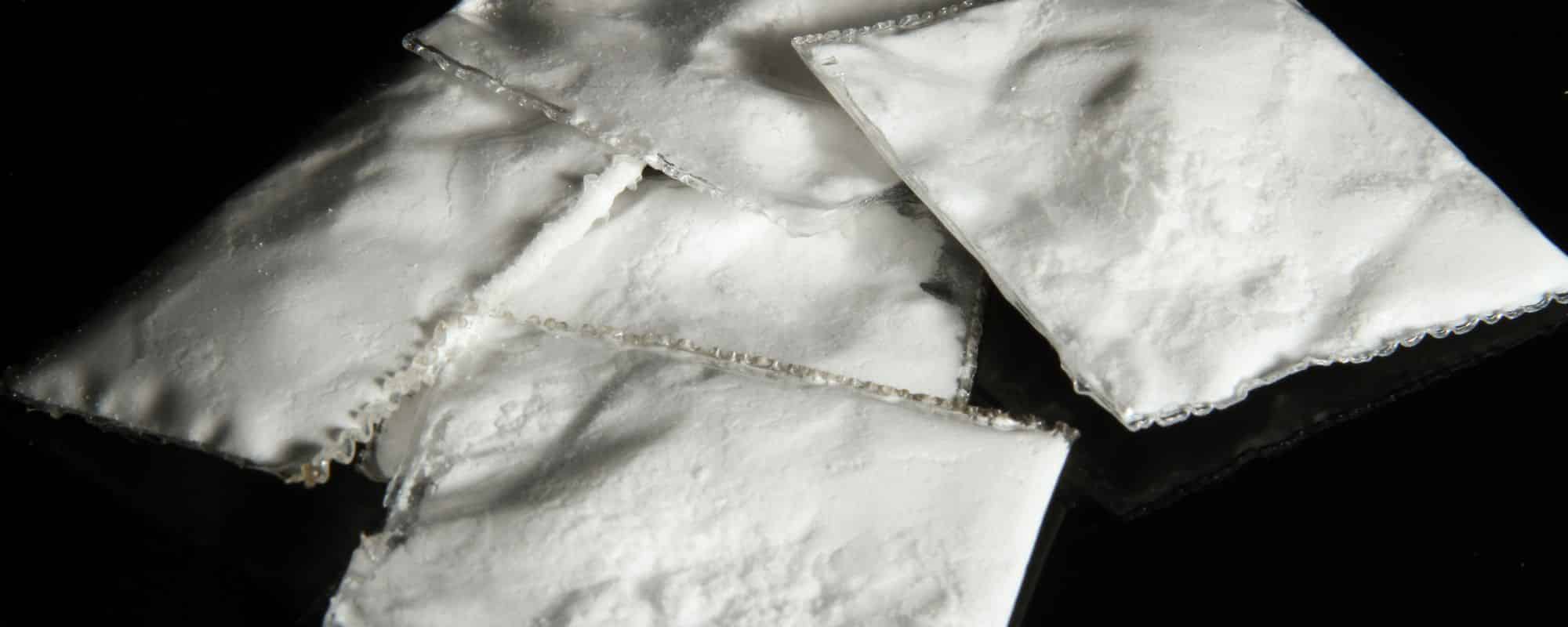People don’t usually develop an addiction right away. It happens over time. Knowing the stages of addiction can help a person understand when they might be developing a problem. Researchers have recognized three distinct stages that are present in addiction.
Addiction, now referred to as a substance use disorder (SUD), is a chronic condition that is characterized by compulsive drug use despite psychological or physical harm caused by use. A person who has a substance use disorder is unable to quit despite repeated attempts to do so.
Anyone can be affected by an addiction. More than 20 million people in the United States suffer from SUD. Substance use disorders are linked to many health problems and can even lead to death.
What is a Substance Use Disorder (Addiction)?
A substance use disorder is a complex condition that develops from repeated use of drugs or alcohol. SUD affects a person’s brain so that they continue to use the substance despite harm. Common substances that people become addicted to include alcohol, cannabis, opioids, sedatives, and stimulants.
Symptoms of an addiction include:
- Regularly using larger amounts than intended
- Having intense urges to use the substance
- Needing to take larger amounts of the drug to achieve the same effect
- Continuing to use the substance even though it is causing problems with your relationships, job, or school
- Neglecting important responsibilities to use the drug
- Being unable to quit or reduce the amount you are using
- Using the substance even when it puts you or others in danger (such as when driving)
- Spending excessive amounts of time using the substance or recovering from use
- Experiencing withdrawal symptoms when you attempt to cut down or stop
- Giving up hobbies or other activities to use
A SUD can be mild, moderate, or severe. When severe, it can significantly impact a person’s life.
The Three Stages of Addiction
One neurobiological study on addiction, published in the New England Journal of Medicine, has identified three distinct stages of addiction. The study’s authors believe that each stage is associated with distinct changes in the brain. Once a substance use disorder develops, reversing these brain changes is difficult without treatment. Treatment helps by rewiring parts of the brain affected by use.
1. Binge (Intoxication)
Intoxication is a temporary and reversible condition that occurs after a person ingests a substance. The ingestion causes changes in mood, behavior, and physical status. Depending on the drug taken, the person may experience:
- Euphoria or excitement
- Feelings of relaxation
- Impulsiveness
- Slurred speech
- Delayed reaction time
- Difficulty walking
- Disorientation
- Loss of inhibitions
- Nausea and vomiting
They may also have poor judgment, impaired concentration, and confusion while intoxicated.
2. Withdrawal (Negative Affect)
Withdrawal is the next stage of addiction. It refers to the psychological and physiological symptoms that a person may experience when they abruptly stop using drugs or alcohol. A person who becomes intoxicated or binges frequently will most likely experience withdrawal when they try to stop using the substance.
The symptoms of withdrawal vary widely depending on the drug used but can include:
- Nausea
- Vomiting
- Changes in appetite
- Muscle pain
- Irritability
- Restlessness
- Sleep problems
- Tremors
- Sweating
- Changes in mood
- Blood pressure changes
- Heart rate changes
- Anxiety
- Difficulty breathing
- Seizures
Some people may experience hallucinations, delusions, and other psychotic symptoms during withdrawal.
Withdrawal is extremely unpleasant and can be painful, so a person may use the substance again to make the symptoms stop.
3. Preoccupation (Anticipation)
This is the stage in which a person becomes intensely preoccupied with the substance. Their brain and body have gotten used to the substance, so they crave it. Cravings usually occur within a couple of hours after last use and often cause significant psychological distress. The person may become preoccupied or obsessed with obtaining and consuming the substance and unable to think of much else. The person may become irritable and restless.
Cravings can be particularly severe in situations or places that remind them of the substance (bars they normally frequent, etc). They may feel a loss of control over the urge to use the substance. Because of these intense cravings, the person may use them again — even after a period of abstinence.
The Cycle of Addiction
Addiction is a cycle. A person who has a substance use disorder will cycle through the above stages repeatedly. After experiencing intense cravings or preoccupation with the substance during the last stage, they will cycle back to stage one, using again and experiencing intoxication.

How To Interrupt the Cycle of Addiction
Substance abuse treatment can help interrupt the cycle of addiction. Treatment is unique to the individual and depends on the drug used. But, a person may need several different types of treatment.
Detox
A person who has a SUD will usually start with detox. It’s the first step to breaking the cycle. Detox can help with both withdrawal symptoms and drug cravings.
Detox involves 24-hour monitoring and care by medical professionals. During detox, a person is slowly tapered off the substance. This clears it from their system. Medications may be given to address both the psychological and physical withdrawal symptoms that occur.
Residential Treatment
After detox, a person may participate in residential treatment. This type of treatment is very effective — especially for people with severe SUDs or who also have co-occurring mental health disorders. Residential treatment offers structure and can help a person cope with intense cravings.
Outpatient Rehab
Outpatient treatment is great for persons who have work or school commitments. There are varying levels of outpatient treatment, including intensive outpatient (IOP). During outpatient, a person will learn to manage intense cravings.
Overcoming the cycle of addiction and staying drug or alcohol-free requires ongoing treatment. Vogue Recovery Center can help whether you’re thinking about getting help for addiction or if you’re worried about a loved one. We provide a complete continuum of care at our Las Vegas and Phoenix locations. Recovery is possible with the guidance of our caring staff and therapists. Call to schedule a consultation with one of our qualified admissions advisors.
References

Evan Gove

Latest posts by Evan Gove (see all)
- Dangers of Mixing Prozac and Alcohol - September 10, 2024
- Is Prednisone Addictive? - September 9, 2024














